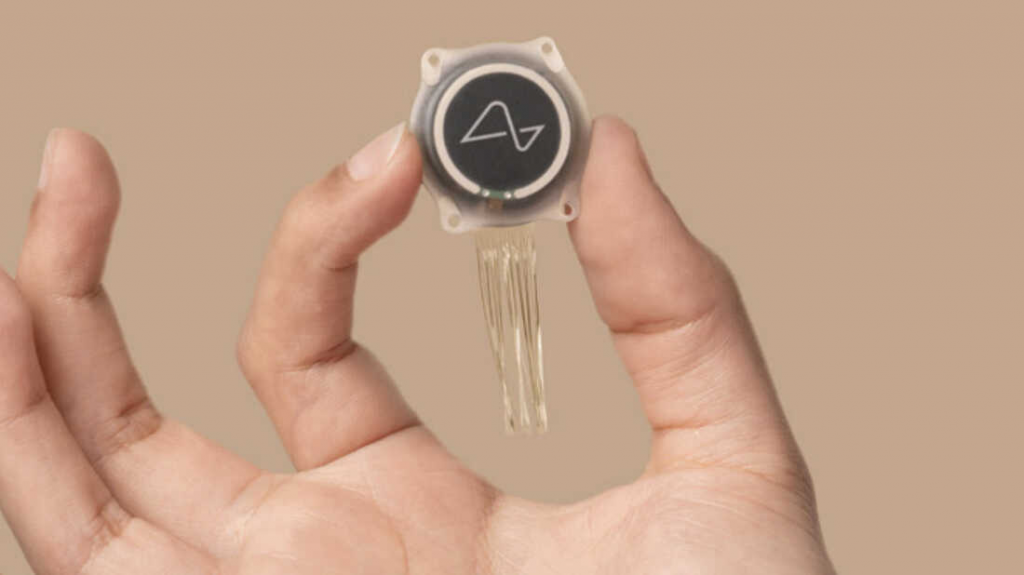Implanting chips that can read our brain and control our movements sounds right for a science fiction film, but could technology like Neuralink help paralysed patients to walk and talk again?
Controversial businessman and CEO Elon Musk’s adventure into the world of bio-engineering seems to me like a frightful jump towards losing autonomy, and providing an additional way for large corporations to gain control of us – this time from inside our heads. However, if done correctly, these small chips could be the important missing piece in giving people suffering from paralysis the chance to live a normal life.

Earlier this year, Neuralink implanted its first device into a human. Via ‘X’, formerly known as twitter, Musk let the public know the patient was “recovering well”, and initial results seem “promising”. The clinical trial for Neuralink, PRIME – Precise Robotically Implanted Brain-Computer Interface – has been recruiting people with quadriplegia caused by a spinal cord injury or ALS (amyotrophic lateral sclerosis), in hopes of restoring movement.
“The device is designed to interpret a person’s neural activity, so they can operate a computer or smartphone by simply intending to move – no wires or physical movement are required”
– Neuralink
According to Neuralink, the implant consists of “1024 electrodes distributed across 64 threads”, and can be wirelessly charged through the skin. The implant would enable users to communicate directly with a mobile phone or computer, in goal of providing more indepedence to people living with disabilities.
Neuralink has not been without controversy, however, and animal cruelty accusations began in 2022 that up to 12 monkeys had been euthanised during the research and development process. Musk objected to these accusations, assuring “no monkey has died as a result of a Neuralink implant”, and that terminal animals were used in research to minimise risk.
Interfacing neurology with computers is not a new concept, for decades scientists have been decoding the electrical activity of the brain and looking for ways to manipulate this activity, mostly through the view of improving the lives of those with loss of function and senses of the body. On the other hand, implants have also been seen as a potential way to enhance the healthy and provide ‘superpowers’, for example by utilising Artificial Intelligence (AI) to increase the aptitude and intellect of healthy participants. This is where many argue we should draw the line, and an increased reliance on technology could lead to a diminished attention span, derealisation and a host of other negative consequences yet to be discovered yet. And what is to say that, with profits the leading force of almost all companies, advertisements will not begin playing inside our own head? Would there be any escape back to the natural world?